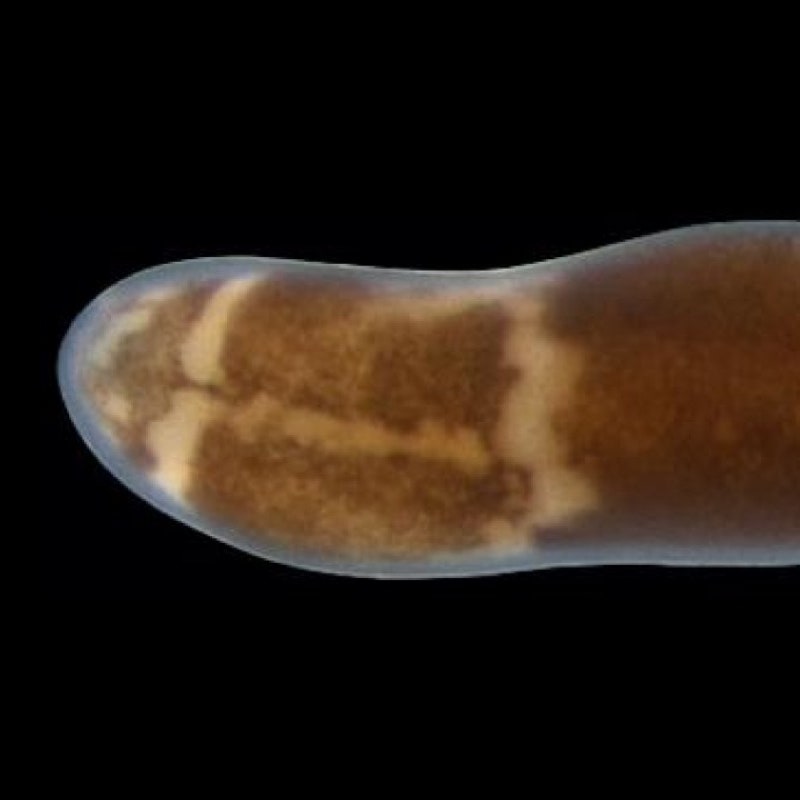The Hidden World of Marine Worms: Masters of Regeneration
Imagine a world beneath the ocean’s surface, a realm of mystery and wonder where creatures with remarkable regenerative abilities thrive. In this hidden world, marine worms take the spotlight, showcasing nature’s incredible power to heal and regenerate. Join us as we delve into the fascinating life of these underwater marvels and uncover the secrets of their mastery in regeneration.
A Dive into the Diversity of Marine Worms
The world of marine worms is as diverse as the ocean itself. From the tiny, translucent larvae to the more robust and intricate adults, these creatures come in various shapes, sizes, and colors. One of the most remarkable features of marine worms is their adaptability to different environments, ranging from sandy ocean floors to vibrant coral reefs. Their ability to thrive in diverse habitats highlights their resilience and unique place in the marine ecosystem.
Did you know? Some marine worms are bioluminescent, emitting a soft glow that adds to the enchantment of the ocean depths.
Regeneration: Nature’s Astonishing Gift
One of the most awe-inspiring aspects of marine worms is their unparalleled ability to regenerate. Unlike many other creatures, these worms can recover from injuries, sometimes even regrowing entire body parts. This remarkable feat is attributed to their sophisticated regenerative mechanisms, allowing them to rebuild tissues and organs with astonishing precision.
Regeneration in Action: If a marine worm is injured or loses a body part, specialized cells at the site of the injury rapidly divide and differentiate to replace the damaged or lost structures. This process, known as epimorphic regeneration, enables the worm not only to survive but also to thrive in the challenging underwater environment.
The Role of Marine Worms in Ecosystem Health
Beyond their intriguing regenerative abilities, marine worms play a crucial role in maintaining the health of ocean ecosystems. As detritivores, these worms feed on decaying organic matter, helping to recycle nutrients and maintain a balanced marine environment. Their activities contribute to the overall health of coral reefs and sandy seabeds, influencing the abundance and diversity of other marine life.
Environmental Guardians: Marine worms act as environmental guardians by participating in nutrient cycling, a process vital for sustaining life in the ocean. Their role in breaking down organic material ensures the continuous flow of nutrients, fostering a thriving underwater ecosystem.
Challenges and Threats to Marine Worms
While marine worms exhibit incredible resilience, they are not immune to the challenges posed by human activities and environmental changes. Pollution, overfishing, and habitat destruction can disrupt the delicate balance of marine ecosystems, impacting the populations of these remarkable creatures. Conservation efforts are crucial to preserving the diversity of marine worms and safeguarding their vital contributions to the health of our oceans.
Call to Action: As stewards of the ocean, it is our responsibility to implement sustainable practices, reduce pollution, and protect marine habitats. By doing so, we contribute to the well-being of marine worms and countless other species that call the ocean home.
Frequently Asked Questions (FAQs)
Q1: Can all marine worms regenerate?
A: While many marine worms possess impressive regenerative abilities, the extent of their capacity varies among species. Some can regenerate entire bodies, while others may only regrow specific body parts. The ability to regenerate is a fascinating aspect of their biology, contributing to their survival in the dynamic marine environment.
Q2: How fast can marine worms regenerate after an injury?
A: The speed of regeneration in marine worms depends on factors such as the species, size, and severity of the injury. In some cases, the regeneration process can be remarkably fast, with visible progress within days or weeks. The efficiency of regeneration is a testament to the adaptability and resilience of these underwater creatures.
Q3: What role do marine worms play in coral reef ecosystems?
A: Marine worms play a vital role in coral reef ecosystems by contributing to nutrient cycling. As detritivores, they help break down organic matter, recycling nutrients that are essential for the health and diversity of coral reefs. The presence of marine worms is a key factor in maintaining the delicate balance of these vibrant underwater habitats.

